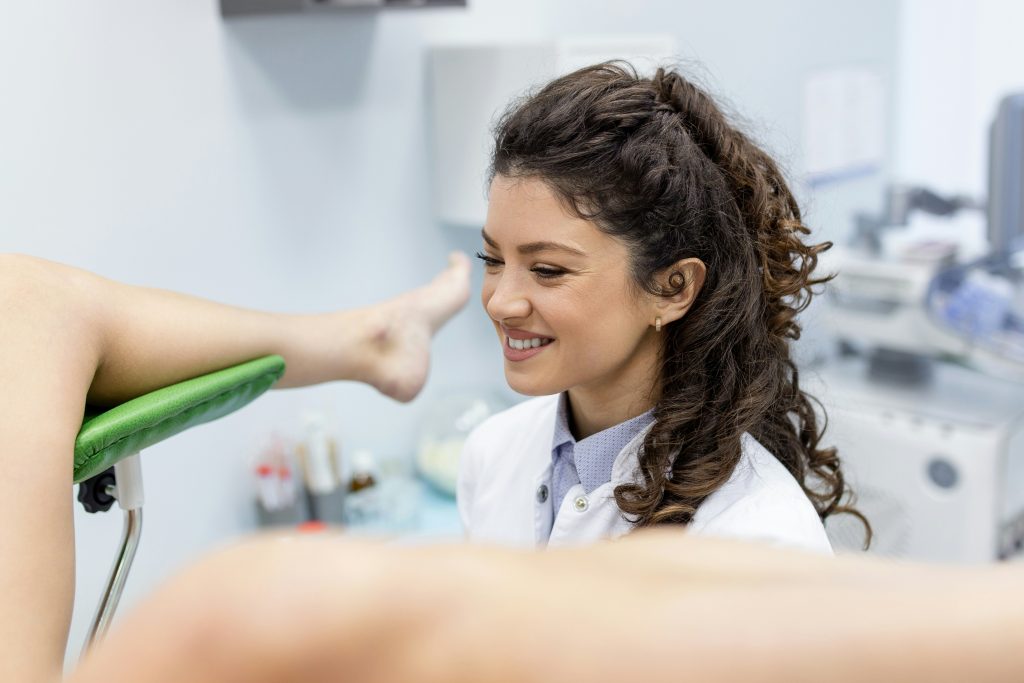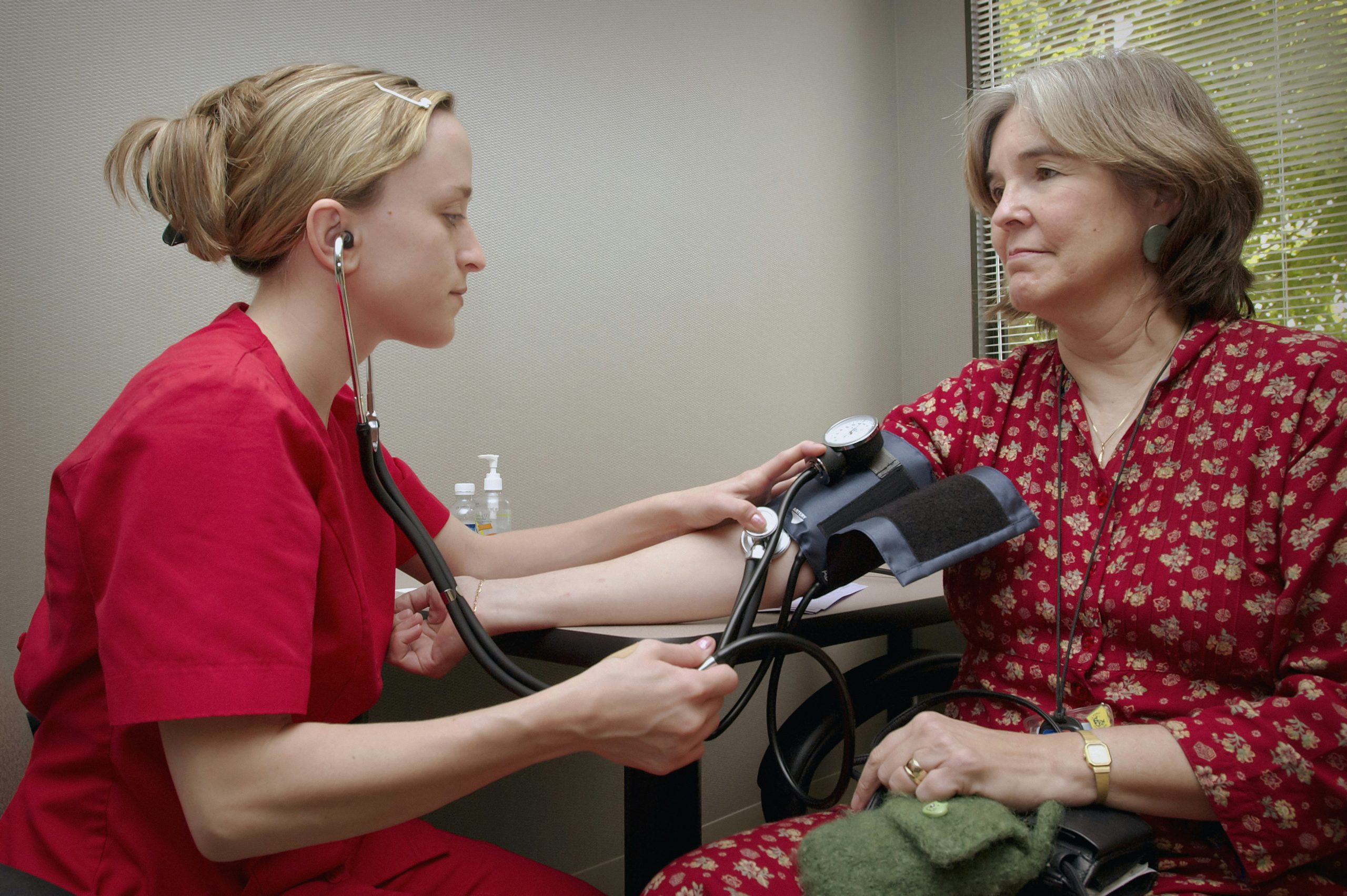Introduction
Women’s health requires consistent care and attention. From reproductive health to cardiovascular wellness, staying proactive with regular health checks is crucial for maintaining overall well-being.
Despite the advancements in medical science, many women still neglect routine screenings, often due to busy schedules or misinformation. On a positive note (or negative depending on how you look at it) studies seem to suggest that women are better at adhering to routine check-ups and screenings than men are. Give yourself a pat on the back, ladies!
Understanding the significance of these health checks is pivotal in preventing diseases, detecting conditions early, and promoting a healthier lifestyle.
Here are some of the most crucial routine screenings and exams women need to be undertaking on a regular basis to ensure they are properly managing and looking after their health:
Comprehensive Annual Gynaecologist Exams

An annual visit to the gynaecologist is a cornerstone of women’s health. During these appointments, healthcare providers conduct pelvic exams, pap smears, and breast exams. These health screenings are essential for detecting cervical abnormalities, breast lumps, and other reproductive health issues.
Additionally, discussions about contraception, sexual health, and menopause management often take place during these visits, empowering women to make informed decisions about their bodies.
Mammograms
Breast cancer is one of the most common cancers affecting women worldwide.
Mammograms, X-ray images of the breast tissue, are recommended regularly for women over the age of 40, or earlier if there is a family history of breast cancer. Early detection through mammography significantly increases the chances of successful treatment and survival. Women are encouraged to discuss the frequency of mammograms with their healthcare providers based on individual risk factors and guidelines.
Bone Density Screening
Osteoporosis, a condition characterised by weakened or brittle bones, predominantly affects women, particularly after menopause. Bones become less dense, lose strength and break more easily. Menopause can increase your risk of osteoporosis.
If you are over 70 years old or at risk of osteoporosis, your doctor might suggest a bone density scan (DXA), which checks the health of your bones.
Bone density screenings, typically performed through a DXA scan, assess bone strength and help identify individuals at risk of fractures. Lifestyle modifications and early intervention can mitigate the progression of osteoporosis, emphasising the importance of regular bone density testing, especially for postmenopausal women.
Skin Examinations
Regular skin checks can help detect skin cancer early. Given Australia has one of the highest rates of skin cancer in the world this routine examination should be at the top of anyone’s list for routine health screenings.
About 2 out of 3 Australians will be diagnosed with some form of skin cancer before the age of 70. Non-melanoma (keratinocyte) skin cancer is the most common cancer diagnosed in Australia.
Women, particularly in Australia, should examine their skin regularly for any new moles or changes in existing moles and report any concerns to their healthcare provider.
Cardiovascular Assessments
Heart disease is often perceived as a predominantly male health issue, but it is the leading cause of death among women in Australia (and globally). You might not know if you are developing heart disease, so regular check-ups are important.
Regular heart health checks (every two years) are recommended if you are aged 45 years and over (or in your 30s if you are of Aboriginal or Torres Strait Island descent). Your doctor will check your blood pressure, cholesterol and blood sugar levels. They will also discuss your medical and family history, diet and exercise, smoking, alcohol consumption and weight, which may show risks for heart disease.
Routine blood pressure checks, cholesterol screenings, and assessments of other cardiovascular risk factors are essential for early detection and prevention.
Women should work closely with their healthcare providers to develop personalised heart-healthy strategies, encompassing dietary changes, exercise routines, and stress management techniques.
Screenings for Reproductive Health
Sexually transmitted infections (STIs) can have serious consequences if left untreated, including infertility and pelvic inflammatory disease. Regular STI screenings, including tests for HIV, chlamydia, gonorrhoea, and syphilis, are vital for sexually active women, particularly those with multiple partners.
Additionally, screenings for human papillomavirus (HPV) are crucial for detecting cervical cancer risk early, often through Pap smears or HPV DNA tests, as discussed earlier.
Colonoscopies
Colorectal cancer is the third most common cancer diagnosed in women. If detected early, 90% of cases can be treated successfully.
Under the Australian National Bowel Cancer Screening Program, women aged between 50 years old and 74 years old are sent a free, simple test. This tests for blood in your stool, which may be a sign of bowel cancer. This test can be taken at home and the samples can then be posted off for testing. Results are then received within two weeks. It is recommended that this test be done every two years.
If you get a positive result, your doctor may recommend a follow-up test such as a colonoscopy. Regular colonoscopies, typically recommended starting at age 50 or earlier for individuals with a family history of the disease, play a pivotal role in detecting precancerous polyps or early-stage cancer.
By identifying and removing abnormal growths in the colon, colonoscopies can significantly reduce the risk of developing colorectal cancer.
Conclusion
Prioritising women’s health checks is not just about detecting diseases; it’s about empowering women to take control of their well-being and lead fulfilling lives. By fostering open communication with healthcare providers, staying informed about recommended screenings, and committing to regular check-ups, women can proactively safeguard their health at every stage of life. Remember, investing in preventive care today can yield invaluable benefits for a lifetime of wellness.
To support this commitment to health, visit Healthscreen. Our services are tailored to meet your individual health needs, providing personalised health assessments that guide you toward a healthier future. Schedule your appointment with Healthscreen today—because your health is your most valuable asset.


